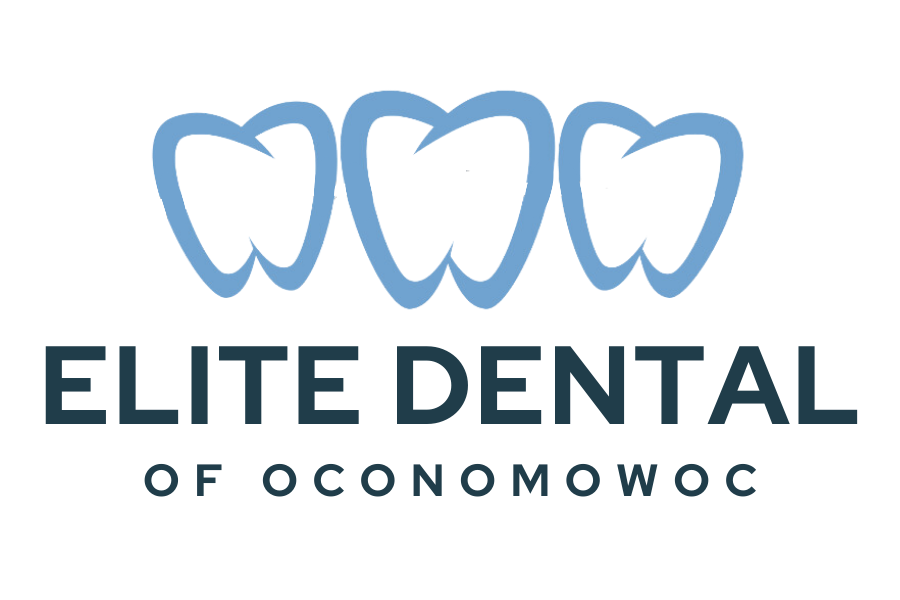Dry Mouth at Night: The Causes and Management Tips

Below is an article was written by Diana Tosuni-O’Neill RDH, BS and found on Colgate.com
Have you ever woken up from a sound sleep with a dry mouth at night? Dry mouth, or xerostomia, can be caused by something as simple as sleeping with your mouth open or as complex as a side effect of medication. Read on to find out what may be at the root of your nighttime lip-smacking.
Signs of Dry Mouth
Dry mouth can be as simple as the salivary glands not producing enough saliva to keep the mouth moist. Saliva is key to washing debris from your teeth and remineralizing tooth enamel. With too little of it, you may be at risk for tooth decay.
Aside from increasing your risk for cavities, dry mouth can be uncomfortable. If you are experiencing dry mouth at night, some noticeable morning signs are:
- A sticky feeling in your mouth
- Thick or stringy saliva
- Bad breath
- Dry or sore throat
- Cracked or chapped lips
- Mouth sores
- Changed sense of taste
What Causes Xerostomia?
The occasional case of dry mouth at night may simply be due to dehydration, but age, medical conditions and habits can also contribute to its symptoms. The Mayo Clinic reports that several medications can cause dry mouth, such as muscle relaxants, depression and anxiety medications and antihistamines. It’s also associated with diabetes and the autoimmune disorder Sjogren’s syndrome. Cancer treatment, such as chemotherapy and radiation, can change or damage the salivary glands, as can nerve damage to the head and neck area.
Frequent tobacco and alcohol use can lead to xerostomia. Besides putting you at risk for oral cancer, smoking causes changes in saliva production. Alcoholic drinks and tobacco also irritate an already dry mouth and contribute to bad breath.
To read the entire article visit Colgate.com
The remainder of the article details the following:
- Ways to Manage Dry Mouth at Night
Drs. Leaman, Setnicar & Piacsek, S.C.
James Leaman DDS, Joseph Setnicar DDS, Stacie Piacsek DDS
820 Summit Avenue
Oconomowoc, WI 53066
262-567-4466
